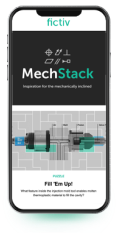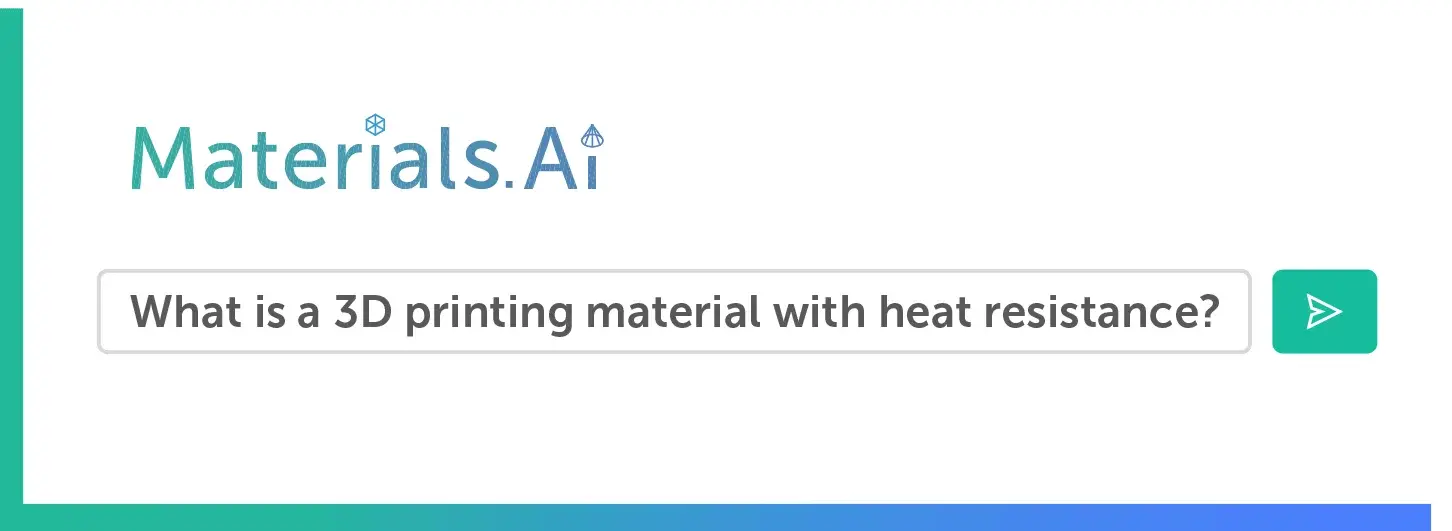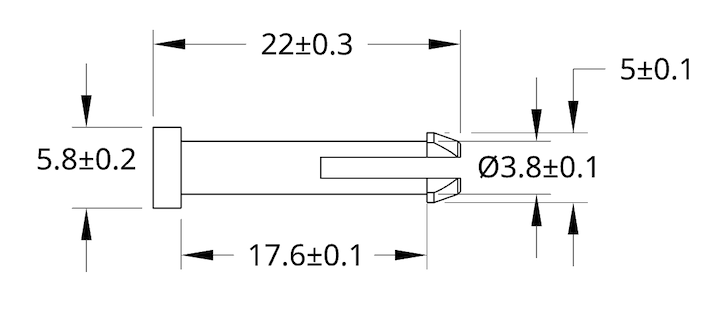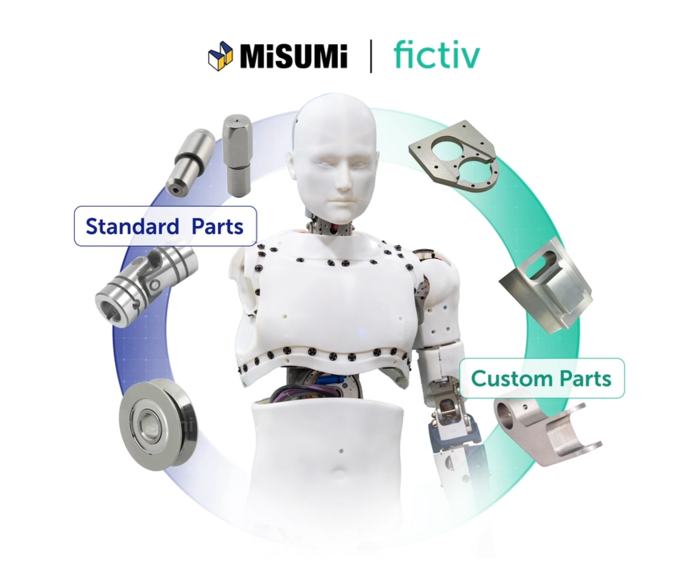Time to read: 4 min
As an entrepreneur, you’ve probably heard this many times: “Ideas are worthless until you get them out of your head and see what they can do.” Every big idea starts with a small first step and many leaps of faith to get it realized. However, you’ve probably also seen big Kickstarter projects get funded, only to be copied by other manufacturers just before they’re released. Patents are tools you can use to protect your inventions from being copied and sold without your permission.
What is a Patent?
According to the United States Patent and Trademark Office (USPTO), here’s what can be patented: inventions, “including machines, manufactured articles, industrial processes and chemical compositions.” There are three different classes of patents, each serving different needs—design patents, utility patents, and plant patents.
Only two of the patents apply to hardware design. Design patents protect the distinctive features of your superficial design, which is applicable to the ornamental value of a product. A utility patent, the one in which most product designers are interested, protects your invention’s core technology—the specific size of your mechanism, how your mechanism moves, and the exact parts that make this piece of technology work.
Trademark and Copyright are slightly different tools that protect brands and works of artistic value. If you want to protect your established brand name against abuse from copycats, look into creating a Trademark, easily identified by the tiny TM symbol beside your logo or trade name.
<img class=” size-full wp-image-1682″ alt=”Apple MacBook Pro trackpad” data-align=”center” data-caption=”Apple has a utility patent, U.S. Patent No. 8,441,450, for its “movable track pad with added functionality, that covers design variations in addition to the MacBook Pro’s trackpad. Utility patents are granted for technology that is new, inventive, and commercially viable.” data-entity-type=”file” data-entity-uuid=”3732ff21-0c8e-4c5d-880d-f965b4e6cc11″ src=”https://www.fictiv.com/wp-content/uploads/2017/03/patents-image01.jpeg” width=”950″ height=”633″>
Should I Patent My Ideas?
You’ll need to decide whether or not you feel your idea is novel enough to make it worth investing in a patent. In business terms, a patent is an investment and insurance for your intellectual assets. It makes no sense to protect against theft if you’re not going to profit from it.
Getting a patent ranges from at least $5,000 to beyond the $20,000 mark, depending on the complexity of your invention and thus the number of pages you’ll need to file. The USPTO has listed a fee schedule to which you can refer.
Although a patent is good for 20 years, that’s no guarantee that your invention will still be profitable or relevant to the market along the years. A patent is subject to annual maintenance fee from the end of the fourth year from the date of patent filing.
You’ll need a sufficient understanding of your business and the market trajectory to work out the sums. If you want to continue to be involved in this multi-million revenue business for five years, and you don’t think there will be much innovation your industry, then maybe the up-front cost is worth it.
How Do I Patent My Invention?
If you decide to apply for a patent, it’s a complicated, lengthy, expensive process, so hiring a qualified attorney and meticulously following the U.S. Patent Office instructions is essential. Though not every city in the U.S. has a patent office where you can apply for your patent, there are resource centres around the country where you can seek assistance, and the U.S. Patent Office’s resource page offers a wealth of information and videos to answer your questions. Note that patent coverage is specific to the country where you apply, so if you need coverage in multiple countries (a European patent, for example), you’ll need to submit a patent application in each country where you need coverage.
Prior to your application to the Patent Office, avoid telling anyone how your invention works, not even your investors or mentors, without a Non-Disclosure Agreement. This document will be useful for safely getting improvement opinions and investment capital, without being denied for your patent.
Likewise, you should always preserve your concept drawings. (In fact, that’s one reason engineers keep notebooks. Pro Tip: Use hardcover, bound notebooks, because pages can easily be torn out of a spiral notebook, leaving no evidence behind.)
The initial phase of applying for a patent will be a Patent Search to validate that there are no similar patents on record, which you can do yourself or pay an attorney several hundred dollars to do. If you’re low on resources, you can participate in the nationwide Patent Pro Bono Program. Once you’ve decided what type of patent you need and have gathered your resources, you’ll file your patent application.
You’ll work with a government examiner to answer any questions and address any required information, and if you’re granted a patent, you’ll get an Issue of Allowance that you then must maintain every four years.
Once I Have My Patent, What if I Find a Copycat?
If someone violates your patent, you can legally sue the offending party for patent infringement in federal court. Samsung and Apple have been engaged in a patent feud since 2011 and eventually settled for a cross-licensing agreement in 2014.
That being said, it’s important to strategize where you apply your patent. Going back to our example of Kickstarter projects that were cloned by Chinese manufacturers during the funding phase, if you were in that situation and you had Chinese patents protecting your idea, you could sue, but Chinese patent enforcement is a tricky issue. You’d want to speak to your attorney to figure out the best course of action for patent prosecution.
Main Takeaways
Applying for a patent requires you to commit both time and money to the process. It’s a good idea to review your needs and the various ways you can protect your intellectual property, whether you apply for a trademark, copyright, or a specific type of patent. Always speak to a licensed attorney who is a subject matter expert, so you can get advice on the best option for your needs.










